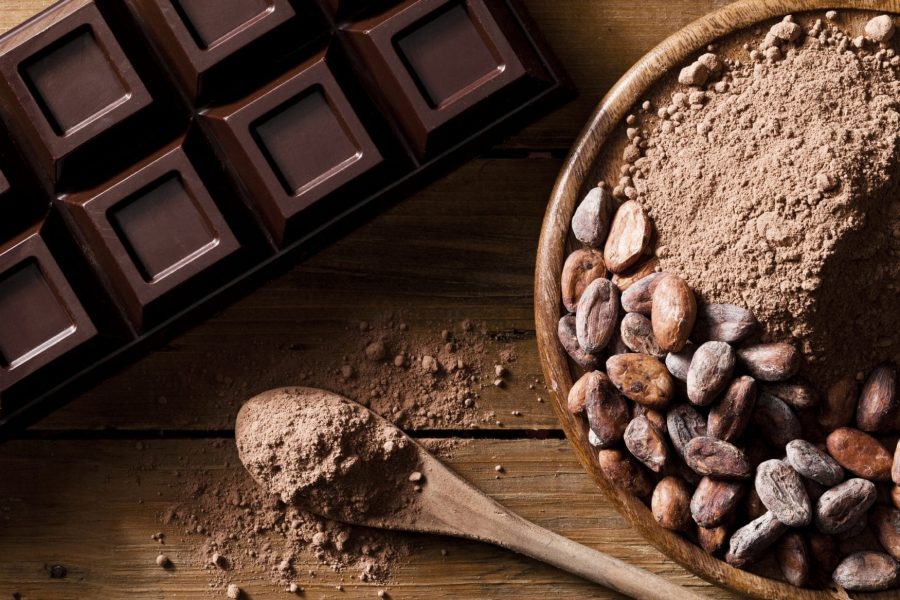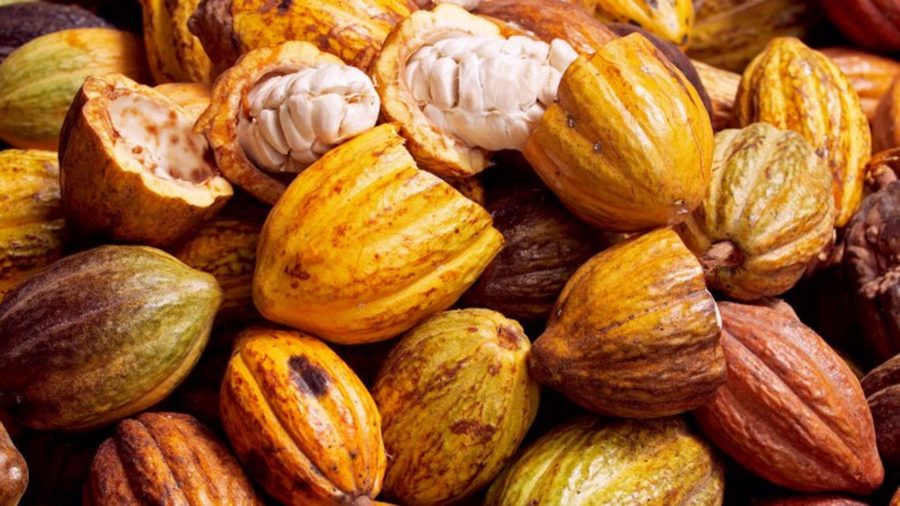Experts suggest that chocolate could go extinct by 2050. They say it’s because of the changing climate conditions in the world that might hinder the growth of cacao harvests.
Scientists at the University of California are teaming up with Mars Company to try to save the cacao crops before it is too late. The cacao plants grow at particular conditions, and most of them are produced in Cote d’Ivoire and Ghana. However, the cacao plants are threatened by the warmer temperatures and the dry weather conditions.

Scientists try to save chocolate before it’s too late
Cacao plants grow in particular regions of the world. They can just develop approximately 20 degrees north and south of the equator, where temperature, rain, and mugginess are appropriate for them. Most of the chocolate consumed in the world is made with cacao that comes from western Africa.
However, within a few decades – and due to climate change and humans’ actions – these regions won’t be appropriate anymore for the harvest of cacao plants. Scientists estimate that by 2050, the cacao crops will have weather conditions that are too extreme for it to grow, leaving no room for cacao in the world. Thus there will not be chocolate.
Scientists from the University of California and the chocolate-maker company Mars are trying to reverse this terrible forecast with science and technology. They are introducing the gene-editing technology CRISPR to make cacao plants stronger so they can endure and adapt to the new climate challenges.
Lead by Myeong-Je Cho, the director of plant genomics at an institute of new biosciences, a group of scientists of the university is testing tiny green cacao seedlings which are refrigerated greenhouses. If it all goes well, the seedlings will survive in warmer conditions.

The CRISPR technology might save chocolate
What they are doing in collaboration with Mars is to introduce little changes to the DNA of cacao crops. Similar technology has already been used to make crops cheaper and reliable, which is very important especially for developing nations were a lot of people rely on agriculture to live and where the consequences of climate change are felt more acutely. This technology is crucial for all the people in the agricultural business and to large enterprises. As well, it is a tool to reduce diseases and starvation.
The Innovative Genomics Institute of the UC Berkeley has already worked with CRISPR to benefit the growth of cassava, which is a crop that prevents the starvation of millions worldwide.
To successfully save chocolate, Mars invested $1 billion as part of the “Sustainability in a Generation” project aiming to reduce the carbon footprint of its business and supply chain by more than 60% by 2050. If the new technology works on cacao crops, they will avoid spending a lot of money and efforts carrying the relocations of farms and the development of a new technology for chocolate production.
“We’re endeavoring to bet everything here,” Barry Parkin, Mars’ central supportability officer, revealed. “There are clearly responsibilities the world is inclining toward at the same time, to be honest, we don’t believe we’re arriving sufficiently quick on the whole.”
Source: Business Insider
